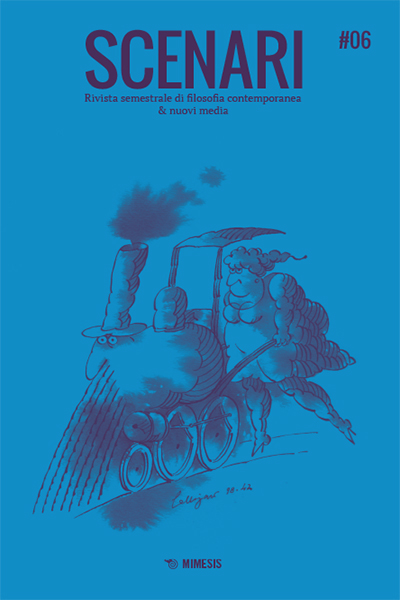Abstract
The aim of this article is to take into examination Heidegger’s treatment
of the question concerning human freedom, as it results from his
1930 lecture course Vom Wesen der menschlichen Freiheit. Einleitung in
die Philosophie, in which Heidegger’s reading of Kant’s Critiques leads
him to emphasize the ontological limits of Kant’s conception of transcendental
and practical freedom. The essential connection that he recognizes
between the concepts of Kausalität and Bewegung allows Heidegger to
argue that Kant’s notion of human freedom, as rooted in the cause/effect
relation that is constitutive of all natural phenomena, ultimately falls back
into a metaphysical perspective of Aristotelian origins, marked by the category
of Vorhandenheit, and implies an inauthentic understanding of the
essence of the human being. Moving from this critical interpretation of
Kant’s practical philosophy, I will emphasize how the “philosophic torsion”
invoked by Heidegger in the last pages of his abovementioned work
thus expresses an urge to stop interpreting freedom from a merely anthropological
perspective and, vice-versa, to start identifying the essence of
the Dasein with the place in which the freedom of Being manifests itself.

